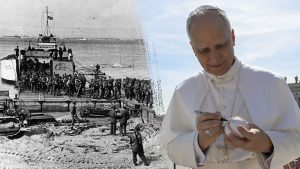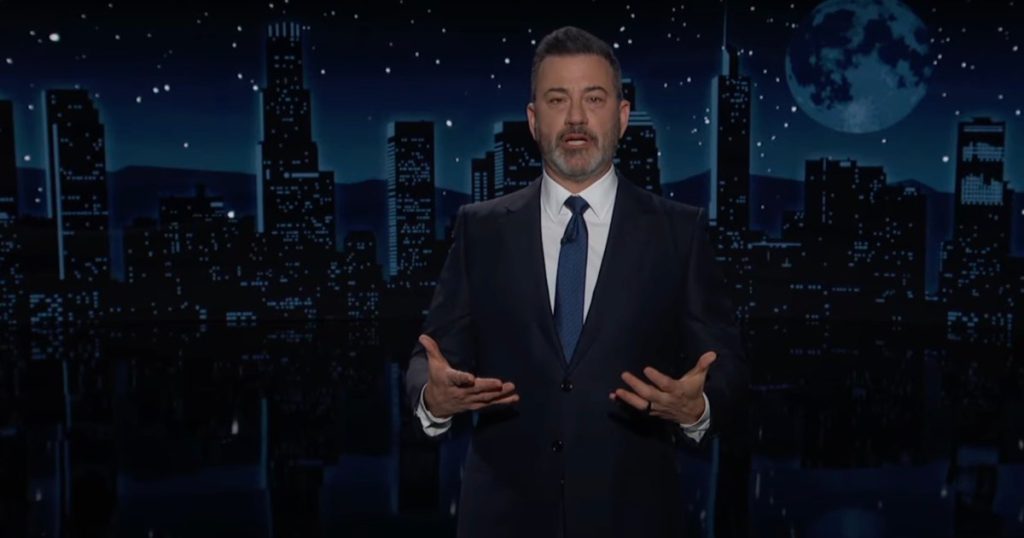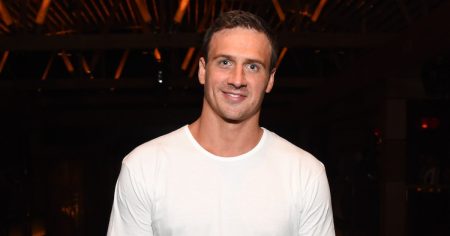The devastating wildfires that swept through Los Angeles in early January 2024 left an indelible mark on the city, its residents, and even its late-night television landscape. Jimmy Kimmel, host of “Jimmy Kimmel Live!”, returned to his show on January 13th with a deeply personal and emotional monologue, reflecting the collective anxiety and shared experience of a city under siege by flames. The fires, which continued to burn at the time of Kimmel’s address, had forced evacuations, destroyed homes, and instilled a pervasive sense of uncertainty among Angelenos. Kimmel’s own studio, located near the iconic El Capitan Theatre, narrowly escaped the encroaching inferno, underscoring the widespread and immediate threat posed by the disaster. The experience, he shared, was not just unsettling, but “sickening, shocking, and awful.”
Kimmel’s return to the airwaves wasn’t just about recounting the harrowing events of the preceding week. It was a testament to the resilience of a community facing unimaginable hardship. He emphasized the extraordinary display of human compassion and solidarity that emerged from the ashes of the disaster. While acknowledging the immense devastation, he highlighted the inspiring stories of neighbors helping neighbors, of those who had lost everything offering support to others facing the same fate. This spirit of selflessness and collective action, he noted, was a powerful counterpoint to the fear and uncertainty that gripped the city. It transformed a terrifying ordeal into a testament to the strength of the human spirit and the enduring bonds of community.
The fires’ impact extended beyond the physical devastation of homes and landscapes. They disrupted lives, routines, and instilled a profound sense of vulnerability. Kimmel, like many others, was forced to evacuate his home, grabbing only essential belongings and making difficult choices about what to leave behind. The experience, he described, was surreal, forcing him to confront the fragility of material possessions and the paramount importance of family and safety. His home, temporarily transformed into a refuge, sheltered nearly 20 people and four dogs displaced by the fires. This sudden influx of family, friends, and colleagues created a unique domestic dynamic, one marked by shared anxiety, mutual support, and the unexpected challenges of coordinating the needs of a large and diverse group.
The comedian’s personal anecdote about leaving behind his children’s beloved stuffed animals highlighted the emotional toll of the evacuation. Forced to prioritize essentials in the face of imminent danger, families were compelled to make heartbreaking decisions about what to take and what to leave behind. These seemingly small sacrifices underscored the profound disruption of the fires, forcing families to abandon cherished items and confront the potential loss of irreplaceable memories. The experience served as a stark reminder of the emotional and psychological impact of such disasters, which extend far beyond the immediate physical dangers.
Kimmel’s monologue served as a powerful platform to raise awareness about the ongoing crisis and to direct viewers to resources for assistance. He urged his audience to check the Los Angeles Fire Department (LAFD) website for up-to-date information on the fires and provided links to organizations offering support to those affected. This public service announcement, embedded within his personal account of the disaster, emphasized the importance of community engagement and collective action in times of crisis. It showcased the power of media to not only inform but also to mobilize resources and galvanize public support for those in need.
Beyond the immediate crisis response, Kimmel’s emotional address underscored the broader implications of the wildfires for Los Angeles and its surrounding communities. The fires exposed the vulnerability of the region to the growing threat of climate change-fueled disasters. The increasing frequency and intensity of such events necessitate a reevaluation of urban planning, emergency preparedness, and community resilience strategies. Kimmel’s experience, shared by thousands of Angelenos, served as a stark reminder of the need for collective action to address the root causes of climate change and to mitigate the risks posed by these increasingly devastating natural disasters. His monologue, therefore, transcended a mere recounting of personal experience; it became a call to action, urging viewers to engage with the issue and contribute to a more resilient and sustainable future.









